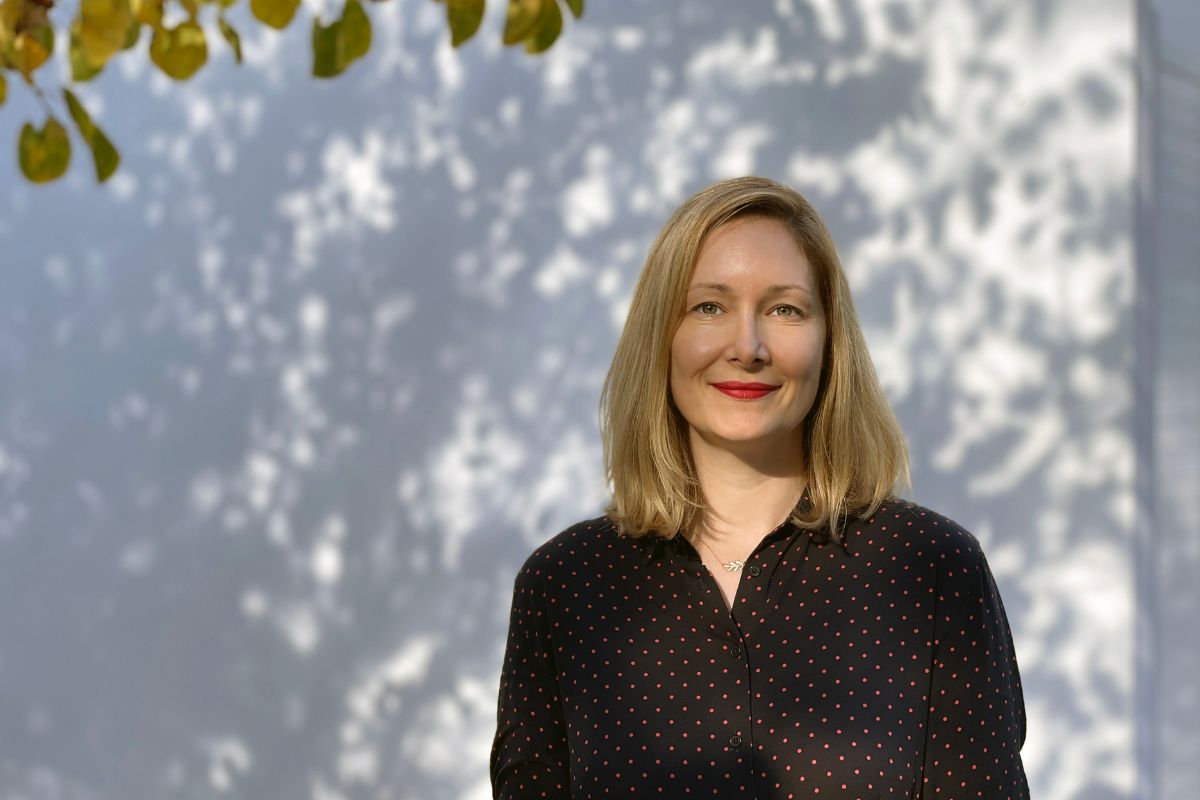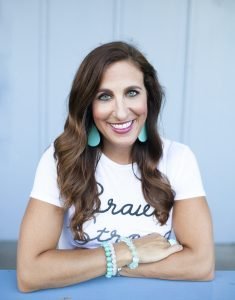Kate is an ICF-certified mindfulness coach who incorporates neuroscience, trauma-informed practices, and MBSR in her coaching practice. We hope you enjoy this interview!
Coaching Focus: Kate uses “deep listening, wholehearted presence, and compassion to create a space in which clients can explore themselves. This, together with holding them accountable to their home practices, encouraging them to nurture self-trust and more deeply connect to their innate wisdom, has incredible outcomes and transformative long-lasting effects.”
Location: Denia, Spain
Connect: You can find Kate online at her website as well as on Instagram and LinkedIn.
Tell us about your journey as a coach.
I was running my own video production company in London when I felt I was heading for burnout. A friend asked if I wanted to take a mindfulness course, and I jumped at the chance to learn something new.
I was immediately struck by how practical mindfulness was. It felt like a missing piece in my therapeutic journey. Shortly after that, I trained to become a facilitator and started working with clients to teach them how to use mindfulness in their lives.
After a while, I thought it would be beneficial to have a clear structure to support this work, and after a lot of research, I trained to become a certified transformational coach with ICF. Additionally, training in trauma, neuroscience, and public speaking all enhanced my ability to help people shift their unhelpful and unhappy mindsets and feel able to step into the life they wanted to live.
When I started out, I contacted all of my friends, asking if they wanted a free session. I started building my networks on social media, and I’d update my Squarespace website myself as I developed my understanding of what my clients wanted.
Last year I started running the gold standard MBSR course. It’s given me huge pleasure to coach groups, even though it wasn’t something I intentionally set out to do.
I was immediately struck by how practical mindfulness was. It felt like a missing piece in my therapeutic journey.
I was immediately struck by how practical mindfulness was. It felt like a missing piece in my therapeutic journey.
One thing I’ve learnt over the years is to have an idea of where you’d like to get to, but to also be open to new opportunities and ideas along the way. You never know how they will help your business and coaching.
We want to destigmatize talking about money, including how much coaches make. Would you please share with our readers any relevant revenue figures from your business?
When I first started as a mindfulness coach 6 years ago, I charged £25 per 60-minute session. I chose a price that I felt comfortable with at the time.

Increasing my rates bit by bit has been an interesting journey, tackling imposter syndrome and improving my self-worth along the way. I now charge €1,000 per month for 1:1 mindfulness coaching, which includes three 60-minute sessions. Again, it’s where I feel comfortable, given my experience, knowledge, and skills. I know coaches who charge 5 times that, but I also want to keep my services accessible.
What advice or perspective might you give to a new coach trying to get their first clients? Any advice they should ignore?
Don’t try and do everything. It will overwhelm you. Consider who your target clients are, figure out where they hang out, and start building a presence there. Build connection every day with as many people as you can, on and offline.
What books have significantly influenced your life? What are your key takeaways from these books?
- The Big Leap by Gay Hendricks taught me how to identify where I placed an upper limit on my life and to really take charge of my happiness, as well as to act swiftly as a way to stop worrying.
- The Tao of Pooh by Benjamin Hoff is a beautiful introduction to Taoist concepts and how to live with ease and go with the flow of life instead of fighting with it. Winnie the Pooh shows us what true contentment is.
- The Untethered Soul by Michael Singer is essential reading for anyone interested in who they are underneath all the mind chatter. I recommend this to all of my clients.
What tools, software, or other resources have you found to be most helpful in running your coaching business?
- Squarespace for my website. It’s really easy to use and update.
- Acuity Scheduling for my discovery call bookings. There’s a small fee, but it’s worth it so people can book straight from my website.
- Instasize app to resize photos for Instagram.
- Google alerts for keywords related to my work. It’s a great resource for my blog or sharing on LinkedIn, etc.
- Sales Navigator for finding my clients.
What are some of your favorite affirmations, mantras, thoughts, and/or journal prompts currently? Why?
I have an alarm on my phone every day to remind me to say this affirmation from the book The Big Leap by Gary Hendricks: “I expand in abundance, success, and love every day as I inspire those around me to do the same.” It perfectly encapsulates an open, loving state while moving forward and thinking of others. I love it.
When you feel overwhelmed, stressed, or have lost your focus or motivation, what do you do?
Meditating is my absolute go-to when I’m overwhelmed or stressed. Not always, but most of the time, it will help me to return to my body and my breath and calm my nervous system so I can continue with my day from a different place.
Build connection every day with as many people as you can, on and offline.
Byron Katie‘s questions are also great for when I feel consumed by my thoughts. They help to quickly give new perspectives and step out of a negative spiral. I ask myself,
- Is it true?
- Can you absolutely know that it’s true?
- How do you react, what happens, when you believe that thought?
- Who would you be without that thought?
- What is the opposite of your original statement? Find 3 turnaround statements that are true in your life.
If you could put a message on a huge billboard—getting a message out to millions—what would it say and why?
“You are not your thoughts.” It’s truly transformational when you embody this lesson.
The Life Coach Magazine staff is your team for high-quality content on topics from personal development, to coaching tips, to how to grow your coaching business.










Be First to Comment